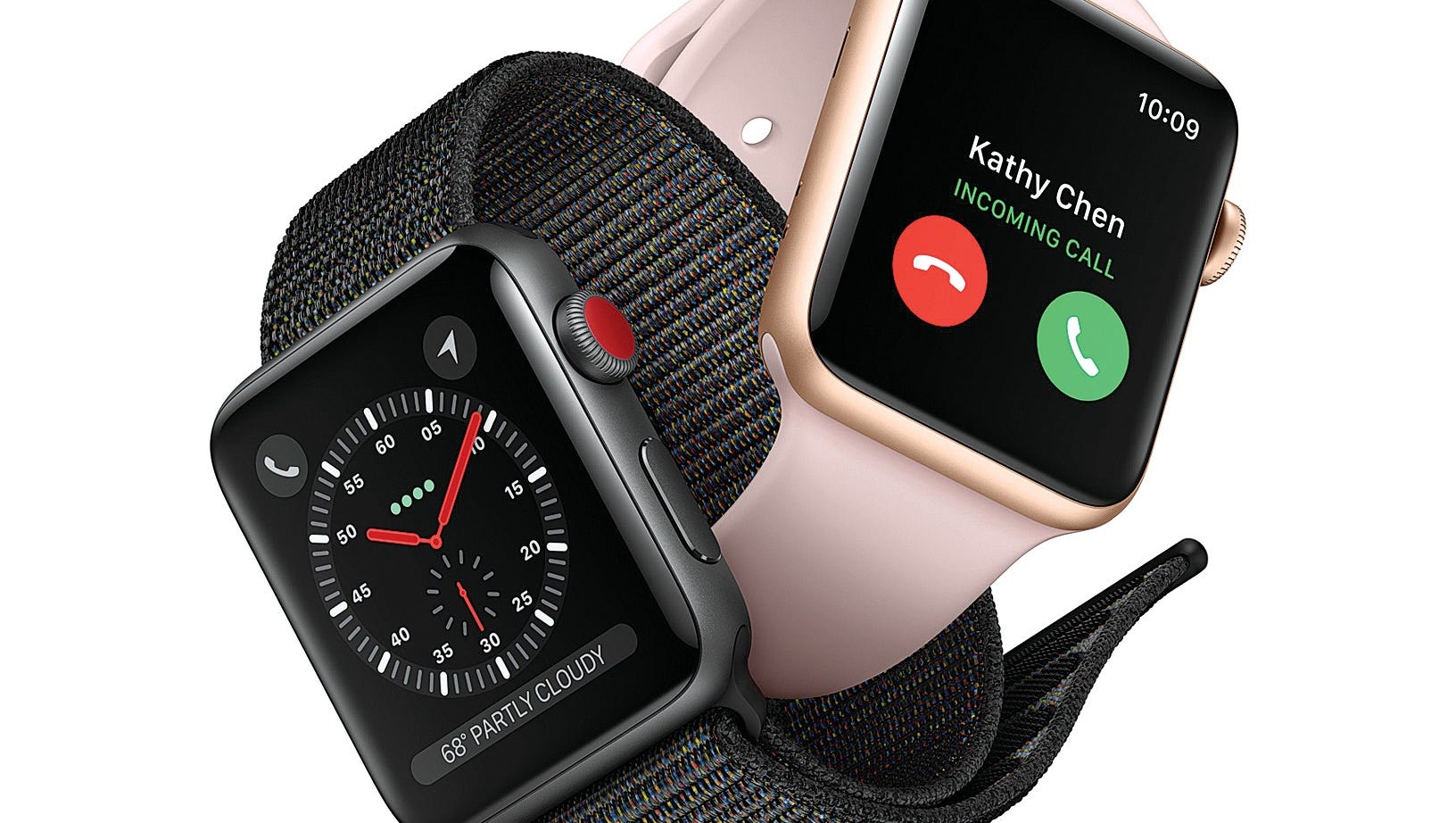Time: 2024-06-17

Samsung is exploring using large language models (LLMs) for new digital health coaching features in its products, aiming to compete with tech giants like Google and Apple in the health technology sector. The initiative involves leveraging AI to interpret and provide insights into a person's health data, a move that aligns with Samsung's push towards integrating AI features into its devices like smartphones, laptops, and smartwatches. With the rise of AI in health tracking, Samsung is expected to unveil new products and features during its upcoming Unpacked event on July 10.
On the other hand, Dr. Shirit Kazum, the founder of the Sports Cardiology Clinic at Beilinson Hospital in Israel, highlights the importance of wearable technology in monitoring patients' heart health. Wearable devices play a crucial role in collecting valuable medical data that can expedite diagnoses, enhance patient treatment, and save lives. Dr. Kazum's clinic oversees the care of over 500 athletes, utilizing wearable devices to track their heart health and ensure safe training practices. Wearable technology allows for timely diagnosis and effective medical intervention, revolutionizing patient care in the field of cardiology.
The utilization of AI-powered health coaches by tech giants like Google and Apple signals a shift towards personalized wellness programs and enhanced health monitoring capabilities. By incorporating AI into wearable devices, companies aim to provide users with deeper insights into their health data and improve overall well-being. The convergence of wearable technology with artificial intelligence is transforming the landscape of health care, offering consumers more precise insights and personalized health experiences.
While wearable devices offer a revolutionary approach to health monitoring, concerns around data ownership, security, and regulatory compliance remain pertinent. Discussions on who owns the data collected by these devices, as well as responsibility for potentially life-threatening recordings, are essential for ensuring the ethical and safe use of wearable technology in health care. As the adoption of wearable devices continues to grow, addressing these challenges will be crucial in maximizing the benefits of wearable technology for patient care and overall well-being.